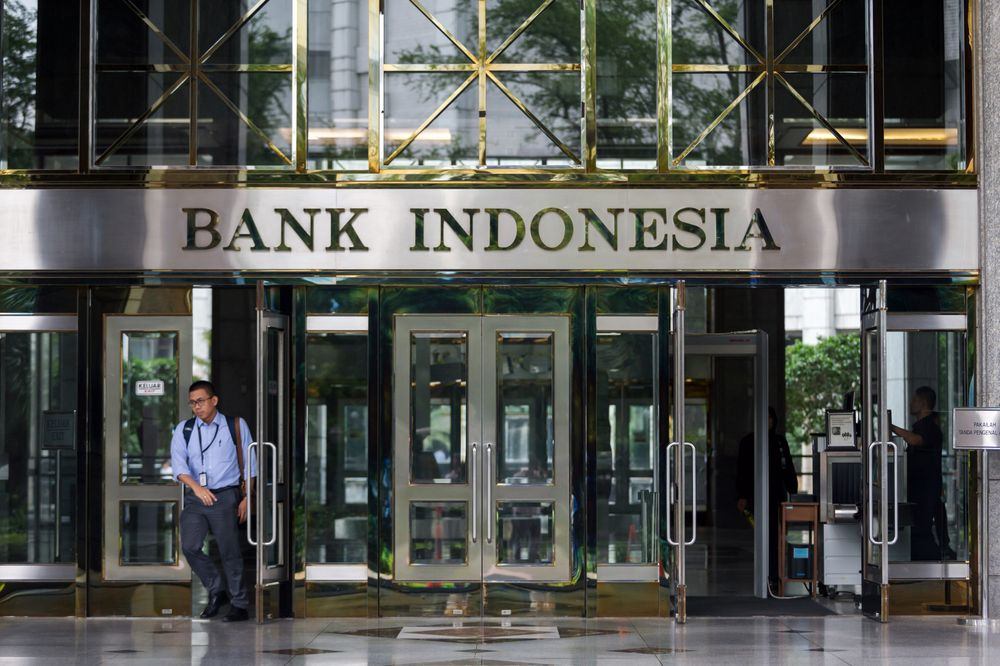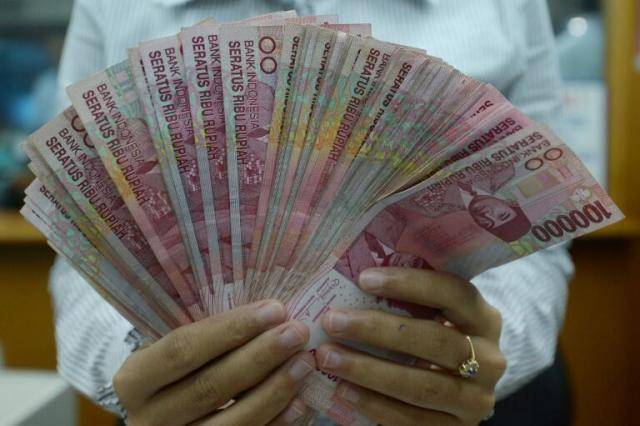Indonesia Bank Cuts Rates For First Time Since 2021, Seizing Fed's Easing Cycle
BI announced an interest rate cut to promote economic growth, lowering the policy rate by 0.25% for the first time since 2021.
On September 18, Eastern Time, the Federal Reserve announced a 50 basis point interest rate cut, marking the start of a shift towards a looser monetary policy, which undoubtedly presents opportunities for markets in other parts of the world, including Southeast Asia.
Subsequently, Bank Indonesia announced a 25 basis point reduction in its benchmark interest rate to 6%, below the market expectation of 6.25%. Previously, Bank Indonesia had indicated that it would cut rates in the fourth quarter of this year and stated that it would continue to monitor the necessity of rate adjustments. This decision aligns with the low inflation target and a stable exchange rate.
For Indonesia, this marks the first rate cut since February 2021. Among the 33 economists surveyed, only three predicted a rate cut, while the others expected Bank Indonesia to maintain the current rate.
Bank Indonesia Governor Perry Warjiyo stated that this rate cut aims to boost the economy, as inflation is expected to remain low at around 2.5% next year. He also revealed, “Based on the latest assessment, the Federal Reserve may cut rates three times this year (by 25 basis points each in September, November, and December) and four times in 2025.”
Additionally, Bank Indonesia reduced the overnight deposit facility rate and the lending facility rate by the same margin, to 5.25% and 6.75%, respectively.
On August 2, Indonesia's Finance Minister and Chair of the Financial System Stability Committee Sri Mulyani publicly stated that the overall economic growth for Indonesia in 2024 is expected to be between 5.0% and 5.2%. The newly elected President Prabowo Subianto has also set a mid-term goal of achieving 8% growth by 2027.
Governor Perry Warjiyo stated that the central bank will continue to adjust monetary policy to attract more capital inflows, support the further stabilization of the Indonesian rupiah, and “guide the economy over the next two years to align with targets.”

Market analysis suggests that Southeast Asian central banks are on the verge of a rate-cutting cycle. In August this year, the Philippines took the lead in cutting rates from a 17-year high; Indonesia also lowered its key interest rate level under strong expectations of a Fed rate cut. Many professionals predict that Thailand will take action within this year as well.
On September 20, the Governor of the Bank of Thailand rebutted this prediction, stating that the central bank will focus on the domestic economy and maintain an unchanged outlook. Due to the weakening U.S. dollar, the Thai baht has strengthened and increased in volatility, prompting close monitoring of currency trends.
Furthermore, the central banks of Malaysia and Singapore maintained tight monetary policies in their July rate decisions. Bank Negara Malaysia anticipates the overall inflation rate to remain between 2% and 3.5% for the entire year, with core inflation projected at 2% to 3%. The Monetary Authority of Singapore stated it would keep monetary policy unchanged, primarily relying on interest rate measures to encourage further appreciation of the Singapore dollar to curb imported inflation.
Currently, Indonesia's real policy interest rate is around 4.1%, providing ample space for further monetary easing. BlackRock notes that, due to greater easing potential in Indonesia and the Philippines, fund managers are favoring these two countries’ medium- and long-term bonds.

As the Federal Reserve's rate cut has not yet been confirmed, the international capital market is well-prepared, turning its investment focus toward more valuable emerging economies, with Southeast Asia being the hottest destination. Over the past two months, numerous fund managers have increased their holdings in government bonds of Thailand, Indonesia, and Malaysia, leading Southeast Asian currencies to become the best-performing currencies in the emerging markets this quarter.
Jovin Teo Chin-Ker, head of investments at Amundi Singapore, said, "The real interest rates in Southeast Asian countries are higher than a year ago, and there is room for further cuts, which is good news for the local bond market."
Kenneth Tang, portfolio manager at Nikko AM Shenton Thrift Fund, stated, "We are in a golden age for Asian fixed income, especially in emerging Asian markets. In the face of market volatility, it’s best to extend the holding period of portfolios."
·Original
Disclaimer: The views in this article are from the original Creator and do not represent the views or position of Hawk Insight. The content of the article is for reference, communication and learning only, and does not constitute investment advice. If it involves copyright issues, please contact us for deletion.